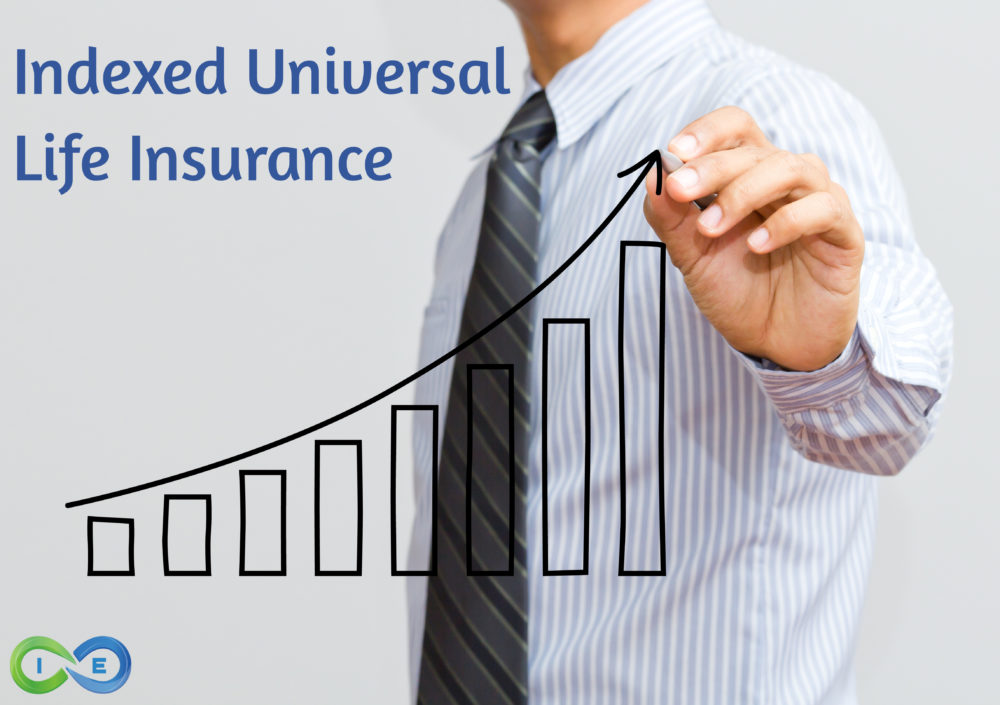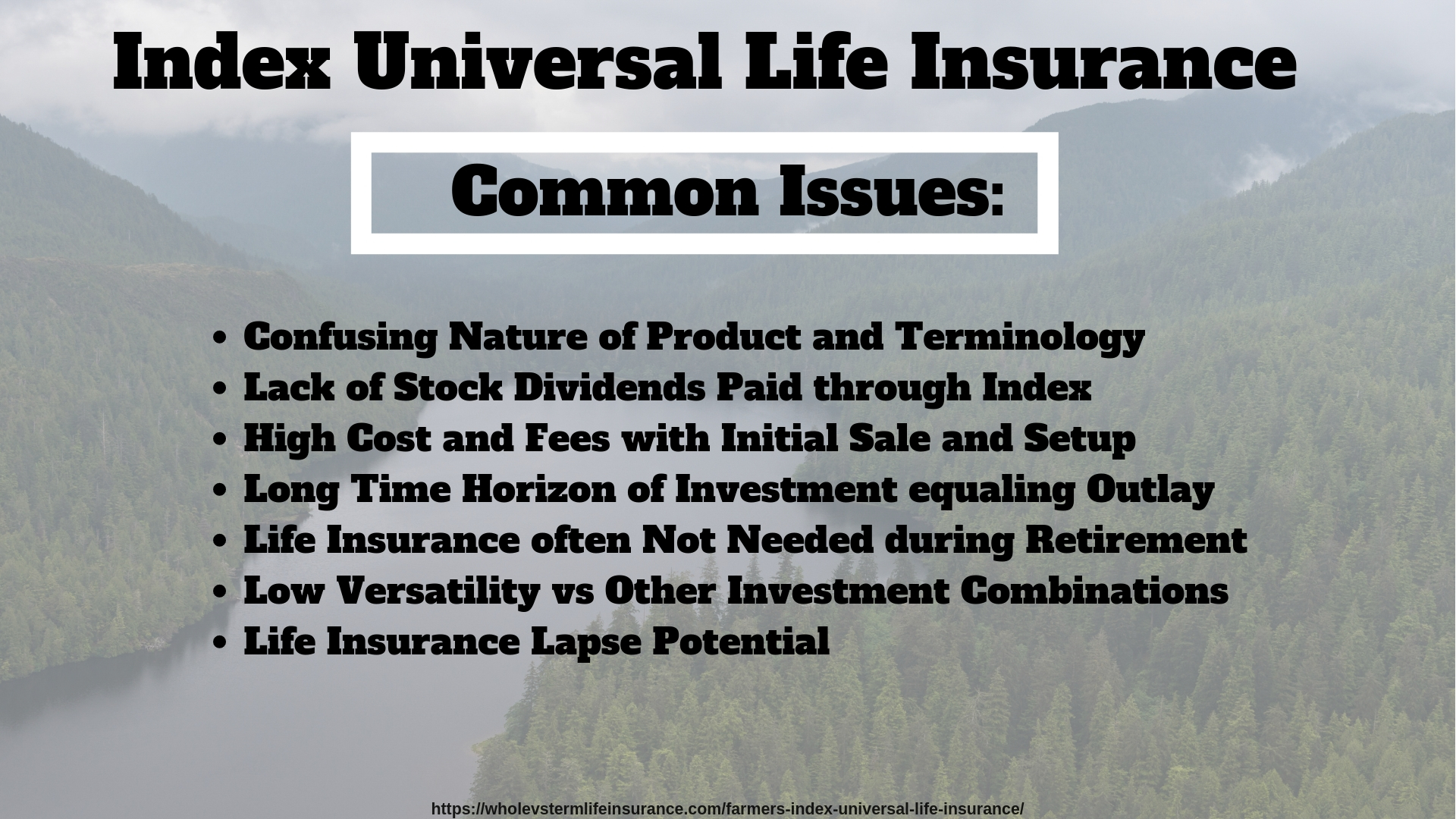All Categories
Featured
Table of Contents
Indexed Universal Life (IUL) insurance coverage is a kind of irreversible life insurance policy policy that combines the functions of conventional universal life insurance coverage with the potential for cash money value development linked to the performance of a stock market index, such as the S&P 500 (IUL retirement planning). Like various other forms of permanent life insurance policy, IUL offers a survivor benefit that pays out to the beneficiaries when the insured passes away
Money value buildup: A part of the costs repayments enters into a cash worth account, which makes passion over time. This cash money worth can be accessed or borrowed against during the policyholder's lifetime. Indexing choice: IUL policies use the opportunity for money worth development based on the performance of a stock market index.
Iul Financial Security
As with all life insurance policy products, there is also a set of risks that insurance policy holders ought to recognize before considering this kind of plan: Market threat: Among the primary threats connected with IUL is market risk. Since the money worth development is linked to the efficiency of a stock exchange index, if the index chokes up, the cash money value may not grow as anticipated.

Enough liquidity: Policyholders should have a steady economic scenario and be comfy with the superior repayment requirements of the IUL policy. IUL enables flexible premium settlements within specific limitations, yet it's essential to maintain the plan to guarantee it achieves its intended objectives. Passion in life insurance coverage: Individuals that require life insurance policy coverage and a rate of interest in cash money worth development may discover IUL enticing.
Candidates for IUL must have the ability to comprehend the auto mechanics of the policy. IUL might not be the ideal choice for people with a high tolerance for market risk, those that focus on low-priced financial investments, or those with more prompt economic requirements. Consulting with a certified monetary expert who can supply customized guidance is crucial before considering an IUL plan.
All registrants will receive a schedule invitation and link to join the webinar through Zoom. Can not make it live? Register anyway and we'll send you a recording of the presentation the next day.
Why is Iul Account Value important?
You can underpay or miss costs, plus you might be able to readjust your fatality advantage.
Cash money worth, along with prospective development of that value with an equity index account. An option to designate component of the cash money worth to a set passion option.
Insurance policy holders can choose the portion assigned to the taken care of and indexed accounts. The value of the chosen index is videotaped at the start of the month and contrasted with the worth at the end of the month. If the index increases during the month, rate of interest is included in the cash value.
The 6% is increased by the cash money value. The resulting interest is contributed to the money value. Some policies calculate the index gains as the sum of the modifications for the duration, while other policies take approximately the daily gains for a month. No passion is credited to the money account if the index drops rather than up.
What are the top Tax-advantaged Indexed Universal Life providers in my area?
The rate is set by the insurer and can be anywhere from 25% to more than 100%. (The insurer can additionally change the take part price over the life time of the policy.) For instance, if the gain is 6%, the engagement price is 50%, and the current money worth total amount is $10,000, $300 is included in the cash money worth (6% x 50% x $10,000 = $300).
There are a variety of pros and disadvantages to consider prior to purchasing an IUL policy.: Just like standard universal life insurance policy, the insurance policy holder can raise their premiums or lower them in times of hardship.: Amounts attributed to the cash money worth grow tax-deferred. The money worth can pay the insurance policy costs, permitting the insurance holder to minimize or quit making out-of-pocket costs repayments.
What are the benefits of Indexed Universal Life Death Benefit?
Numerous IUL plans have a later maturity date than various other kinds of global life policies, with some finishing when the insured reaches age 121 or even more. If the insured is still alive during that time, policies pay out the fatality benefit (but not typically the money value) and the proceeds may be taxable.

: Smaller plan face values don't use much benefit over normal UL insurance policies.: If the index decreases, no passion is attributed to the money value. (Some policies use a reduced guaranteed rate over a longer duration.) Various other financial investment lorries use market indexes as a standard for performance.
With IUL, the goal is to profit from higher movements in the index.: Since the insurance provider just purchases options in an index, you're not directly purchased stocks, so you don't benefit when business pay rewards to shareholders.: Insurers fee fees for managing your cash, which can drain pipes cash value.
What should I know before getting Iul Tax Benefits?

For most individuals, no, IUL isn't better than a 401(k) - Guaranteed interest Indexed Universal Life in terms of conserving for retired life. Many IULs are best for high-net-worth individuals seeking ways to lower their taxed income or those that have actually maxed out their various other retired life options. For everyone else, a 401(k) is a much better investment lorry because it does not bring the high charges and costs of an IUL, plus there is no cap on the quantity you might earn (unlike with an IUL plan)
, the revenues on your IUL will certainly not be as high as a normal investment account. The high expense of costs and fees makes IULs pricey and significantly less economical than term life.
Indexed universal life (IUL) insurance supplies money worth plus a survivor benefit. The cash in the cash money worth account can make rate of interest via tracking an equity index, and with some commonly allocated to a fixed-rate account. Nevertheless, Indexed universal life plans cap just how much cash you can gather (usually at much less than 100%) and they are based on a possibly volatile equity index.
Who provides the best Indexed Universal Life Companies?
A 401(k) is a much better choice for that objective because it does not lug the high fees and premiums of an IUL plan, plus there is no cap on the amount you may gain when spent. A lot of IUL policies are best for high-net-worth people looking for to lower their gross income. Investopedia does not offer tax obligation, investment, or economic solutions and guidance.
If you're thinking about purchasing an indexed global life policy, very first consult with an economic expert who can explain the subtleties and offer you a precise picture of the actual potential of an IUL plan. Make sure you understand how the insurer will certainly calculate your interest rate, revenues cap, and costs that could be evaluated.
Latest Posts
Guaranteed Universal Life Insurance Rates
Universal Life Insurance For Seniors
Index Assurance